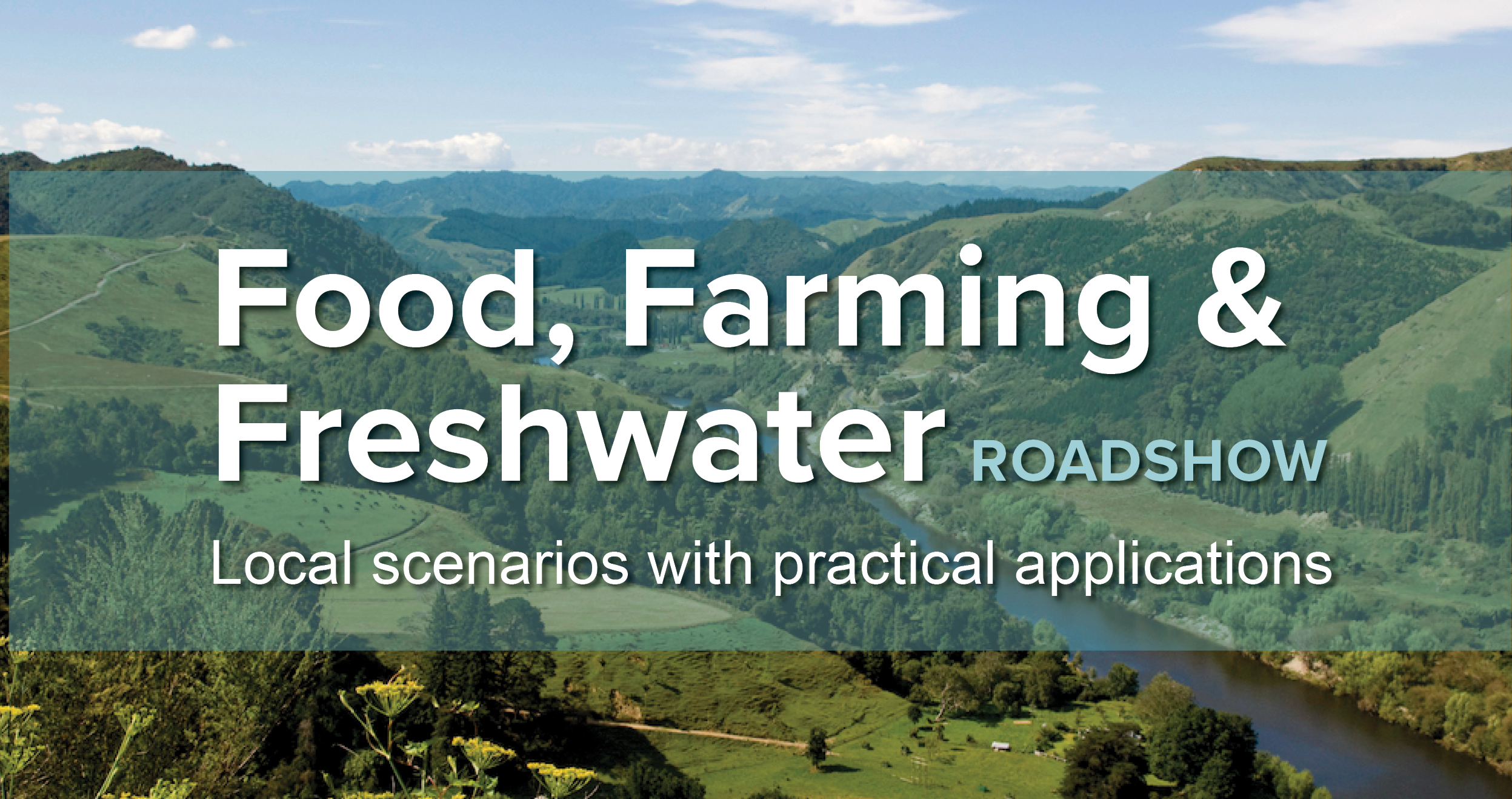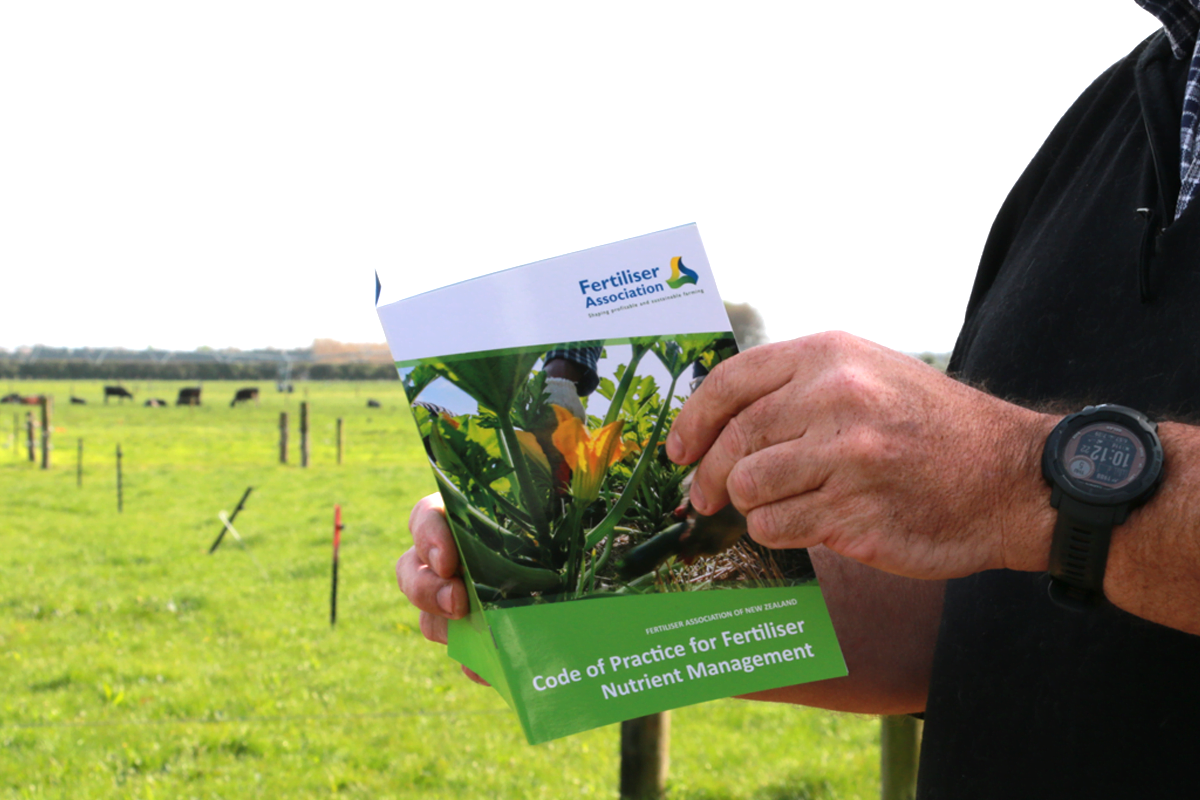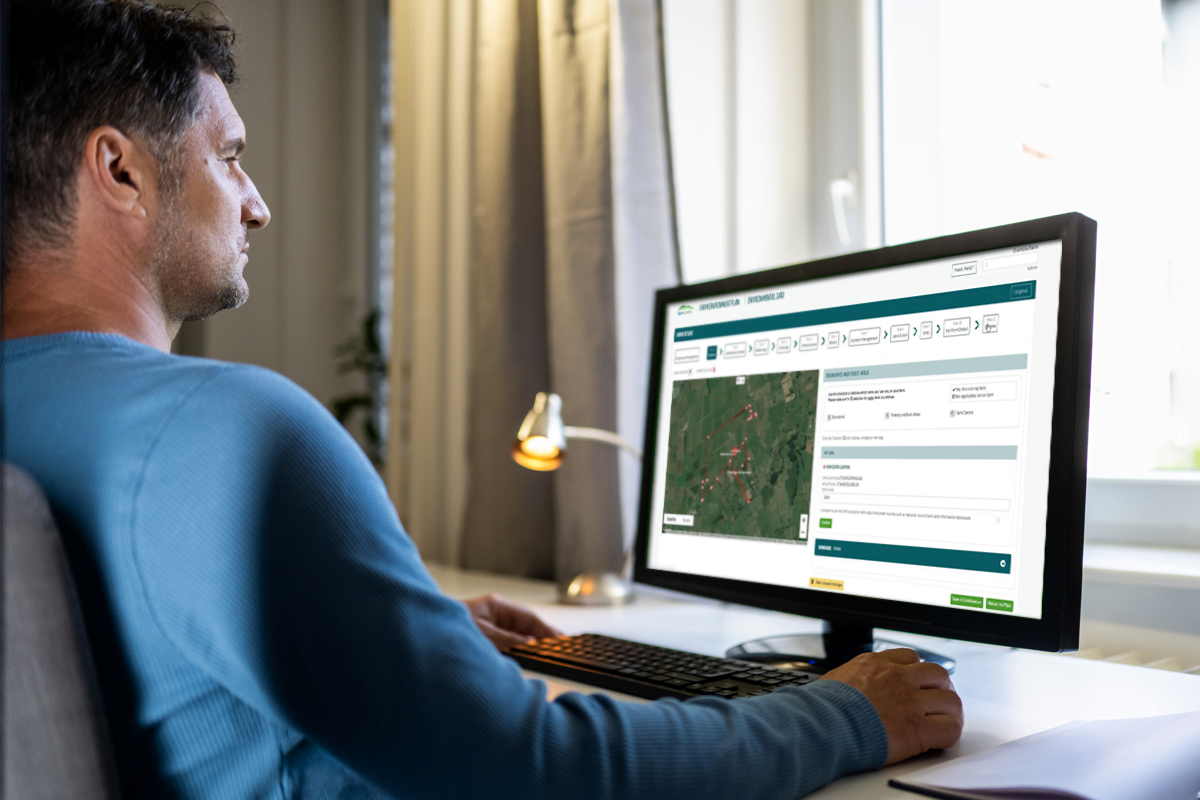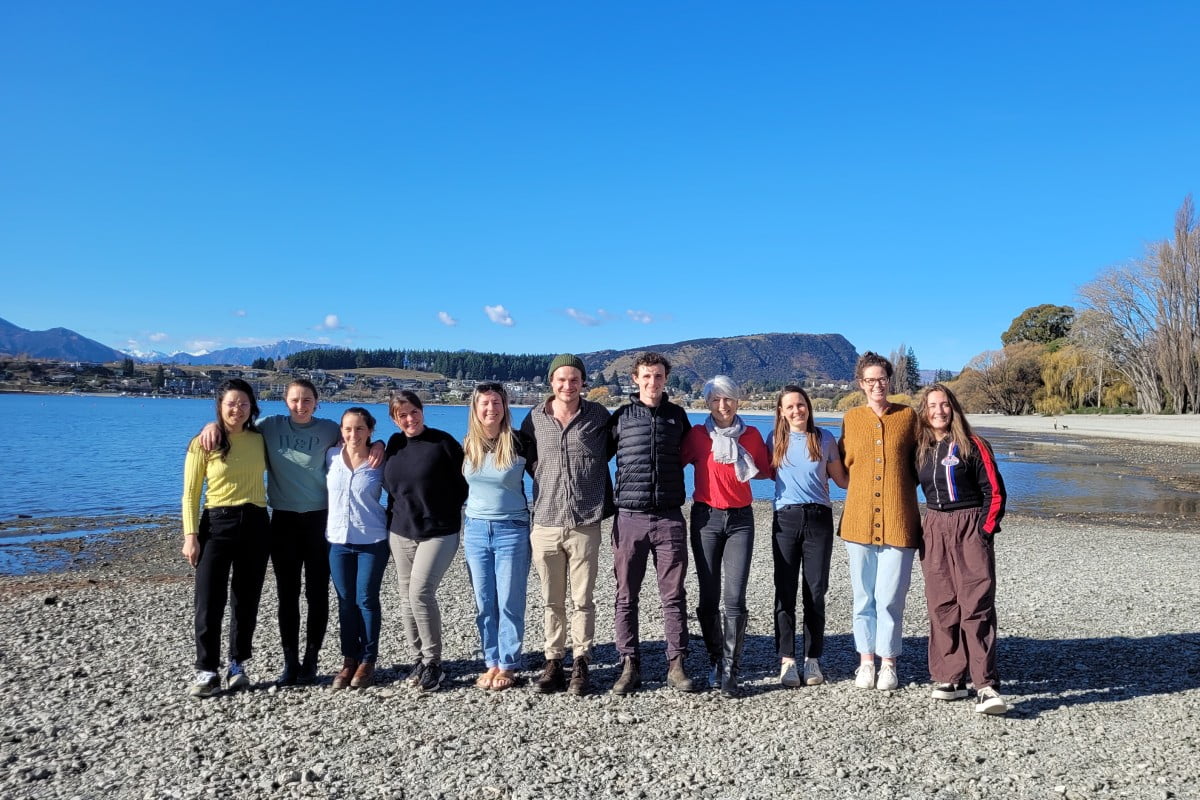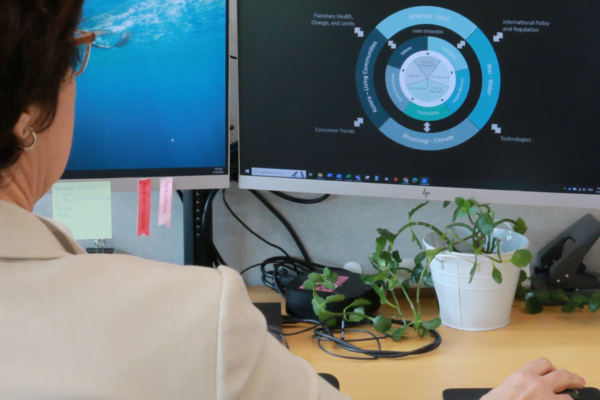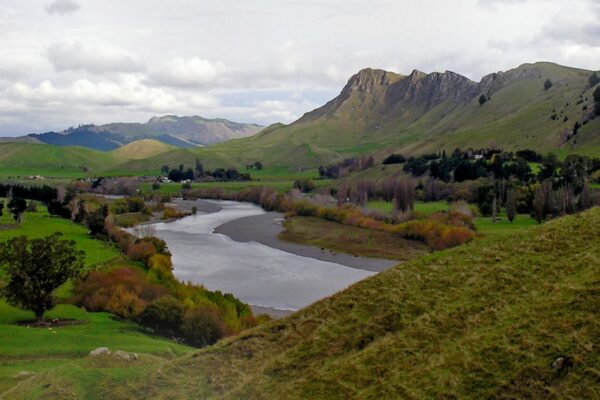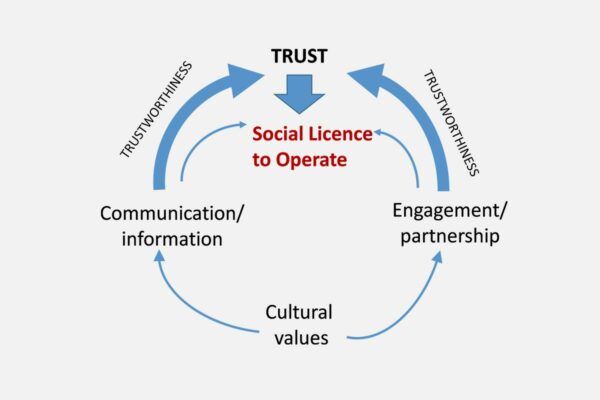Science in Freshwater Policy Development
A case study of the role science played in the development of the National Policy Statement for Freshwater Management
Project Details Ngā taipitopito
Collaborators Ngā haumi
Environmental Defence Society
What are we doing?E aha ana mātou?
For government policy to result in good environmental outcomes, it needs to be based on the best available science, and reflect community concerns and values – but finding the balance is often not straightforward.
The role that science plays in informing policy is complex. Science is seldom able to provide absolute answers and governments must make decisions in an environment where science advice may be actively evolving.
This project explores the relationship between science and policy through a detailed case study of the role that science played in the development of the National Policy Statement for Freshwater Management.
Recommendations on how to strengthen the scientific foundations for policy in Aotearoa were drawn from in-depth anonymous interviews with key contributors to the National Policy Statement for Freshwater Management, together with information from literature, government reports and international examples. The impact of current regulatory direction, which guides the regulatory impact assessment process, was also reviewed.
How can the research be used? Ka pēhea e whai take ai te rangahau?
- Using the development of the National Policy Statement for Freshwater Management as a case study, this project provides insights on how to strengthen the connections between science and policy.
- The project’s final report makes several recommendations for how future environmental policy can reflect a strong science evidence base. A key finding was that current regulatory guidance prioritises economic matters over environmental ones. This can prevent good science-based outcomes, and slow or prevent change.
- Improvements to the policy support system, including strengthening connectivity between science funding and policy needs, and improving science communication, were also recommended.
- The research identified the core strengths of the science process to develop the National Policy Statement for Freshwater Management including the operation of the science advisory group. They included the diversity of membership, independent reporting and recording of minority views, and clear direction not to consider economic matters. The report identifies shared objectives that might be built upon for future policy development.
- The project highlights the different roles and policy lenses employed by the Ministries for the Environment and Primary Industries in formulating the National Policy Statement for Freshwater Management and the associated Regulatory Impact Statement. It explores how these factors altered the use of science for policy.
- Synergies and tensions between mātauranga Māori and biophysical science were highlighted, to help ensure that future policy reflects Māori values, priorities, and the specific, local and historical information about Aotearoa New Zealand provided by mātauranga Māori.
- Webinars to follow the release of the report will provide an opportunity for discussion of the project’s analysis.
 View Our Strategy Document 2019 – 2024
View Our Strategy Document 2019 – 2024
